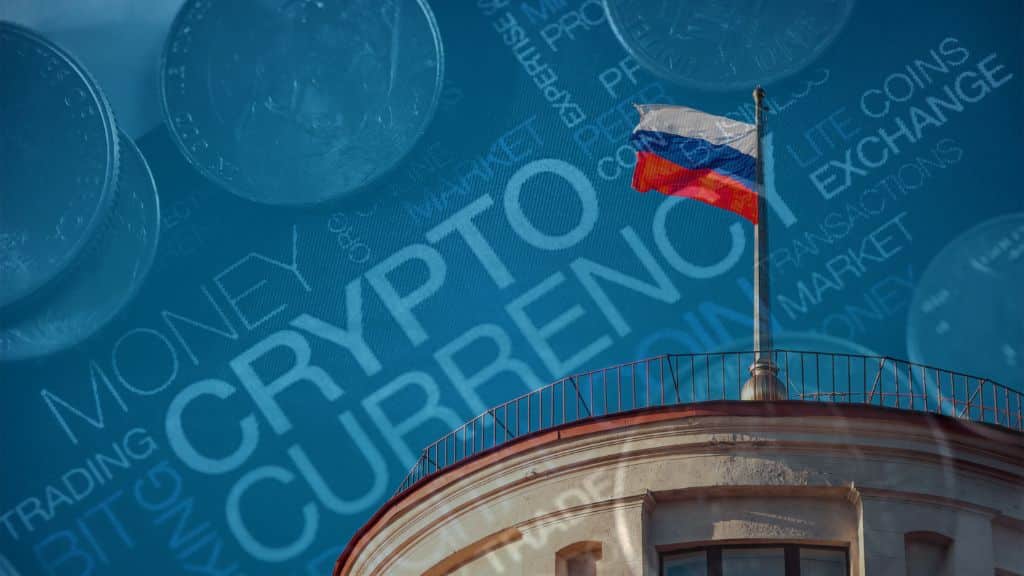Blockchain to reinvent the multi-trillion dollar second-hand market, say experts

Blockchain technology could have a major impact on the second-hand goods industry, with immutable ledgers tracing changes in ownership and maintenance of products, ranging from textbooks to handbags, blockchain experts say.
The second-hand market has been surging across many segments from fashion to cars, and even furniture.
Statista reported the global used car market is projected to reach “over $1.5 trillion in 2027,” a spike from $1.2 trillion in 2020, while the second-hand apparel market is projected to double in size between 2021 to 2025, rising to $218 billion in 2026.
Blockchain technology has already begun to be adopted by brands as a means to track their goods across the lifecycle.
Brands using blockchain
In August, textbook publisher Pearson announced plans to profit from the second-hand sales of digital textbooks by using NFTs to track ownership when they change hands. CEO Andy Bird noted that an average Pearson textbook is resold up to seven times in its lifecycle.
Last year, the conglomerate behind Louis Vuitton reportedly joined forces with Prada and Cartier to develop the world’s first global luxury blockchain — aimed at giving consumers transparency and traceability throughout the lifecycle of a product and to fight counterfeit products.
Speaking to AIBC, Chris Berg, co-founder of the Blockchain Innovation Hub at Australian University RMIT, said that such technology could also be applied to the second-hand goods market.
He noted that current technology doesn’t allow consumers to get a good read on the quality or “hidden defects” of goods in the second-hand market across most industries.
Rooting out hidden defects
Berg used the example of buying a car, noting that consumers are usually forced to trust a logbook to see how frequently it has been serviced, which can easily be lost or tampered with.
He noted that using blockchain for used cars would dramatically increase transparency and the price of “quality” used cars in the market, leading to cars with more information on the blockchain to sell “at a premium.”
A blockchain lecturer and general manager of Blockchain Academy International, Kingsley Innis, was also bullish about this particular application of blockchain technology.
He said the lack of needing to trust someone with documentation will be a big win for the second-hand goods market.
In the same example of cars, users would have the ability to make a “single click” and see everything from the engine condition, fuel consumption, insurance and ownership status and even accidental damage.
Innis added that it will shift consumers searching for second-hand goods from relying on “anecdotal evidence” to hard “tamperproof” data.
However, Berg stressed that blockchain isn’t a fix-all solution, as the technology still relies on humans to input truthful and correct information to begin with.
He also added that the trustless nature of blockchain verification won’t replace “a world with courts and law.”
“Blockchain is an improvement at the margin, it provides more information, but does not eliminate the problems of deception and fraud,” he said.
Mainstream adoption lags
He also notes that blockchain adoption in the second-hand goods industry will be the biggest hurdle.
For blockchain technology to take off in the second-hand market, it will need “lots of industry participants,” who will come to the table and adopt the same technology at the same time, to the same standards, he said.
Meanwhile, Innis was more concerned that lagging mainstream adoption is due to the number of “legal questions” that need to be resolved before blockchain becomes integrated into the second-hand goods market.
He likened this to the ownership complications that NFT’s currently present, stating that just because you sell an NFT and become the buyer, who is to say you are actually “removing” the custody from the original NFT owner in the beginning?









